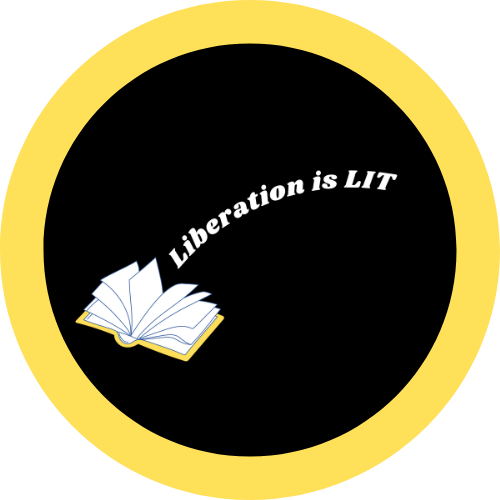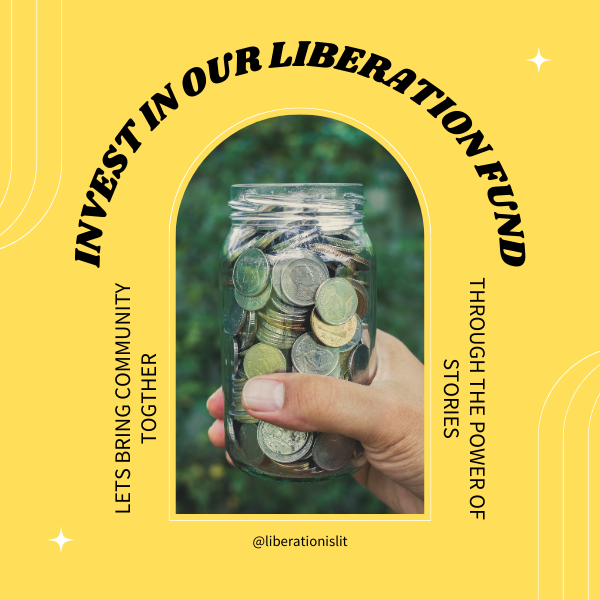As first posted on feministbookclub.com
Making A Scene by Constance Wu is a memoir that showed what it means to fight to be seen in a world that renders you invisible. I don’t mean this in the sense that Constance Wu is seeking attention, and this is why she became an actress. What I got from this book is that she wanted to be seen… seen for who she is. Understood. This is what the book said to me.
The memoir world is dominated by writers focusing on the worst parts of their lives. Let me show you how absolutely tragic my life is, and how I made it. And yes, triumph is alluring, but the dramatics of trauma can be addicting.
Wu’s memoir, by contrast, was about the quieter moments in her life. Reading these stories made me feel as if she was grappling with why the things in her life affected her so. I felt a sense of bravery from her telling of the stories others might not deem “bad enough.”
Not a Great Love Story
For example, Wu starts out the book by sharing a very cute love story and, throughout the book, goes on to mention other romances, none of them particularly steamy or romance novel-worthy. Still, she felt very deeply for these men.
Not everyone will experience a love equivalent to Lino and Amy on From Scratch. But we all want to love and be loved. And even though the stories Wu shares aren’t epic, passionate love stories, her emotions are real. Her love stories are worth telling.
Not a Traumatic Childhood
I really connected with Wu when she talked about her complicated relationship with her mother. Her mother was very suburban, focused on being a housewife and a parent, but she had a tendency to suddenly withdraw and lash out at her family.
Wu’s parents didn’t inflict any ACEs (Adverse Childhood Experiences) on her. Despite her mother’s behavior, she had a safe and normal childhood. But the things we learn to adapt to in childhood — no matter how moderate or severe — stay with us for the rest of our lives. For example, if one of the worst things that ever happened to you was having a teacher accuse you of cheating, it’s safe to say you had a pretty good childhood. But moments like that one can still make you doubt your abilities and work harder to prove yourself to other people. No matter the contents of her childhood, Wu’s coming-of-age story is worth telling.
Not a Survivor
Wu’s experiences of sexual assault and sexual harassment really stood out to me. What Wu experienced could have been worse, and she explicitly talks about this. But that doesn’t negate the fact that it happened to her. She had sex that she did not consent to, sex in which someone coerced her. She was harassed by a boss in a situation in which she felt she couldn’t say no and, worse, she felt like she had to do these things to please him.
Some might say that Wu is a liar (she’s not). Some might say she is sharing these experiences to ruin the men who chose to behave this way toward her (again: no). What Wu is doing is creating nuance for all the women who feel like their experiences with sexual assault and harassment aren’t “bad enough” to receive love and support. Her story is worth telling.
Constance Wu’s memoir may not have been the trauma porn I am guilty of taking deep satisfaction from, but it left an impression on me. It gave me permission to be myself out loud, no matter how unremarkable I may think my life is. If I want people to understand me, I need to set the scene to let people know that the extra-ordinary things matter.
Get the audiobook here! Looking for more audiobooks? You can get a discounted Libro.fm membership


